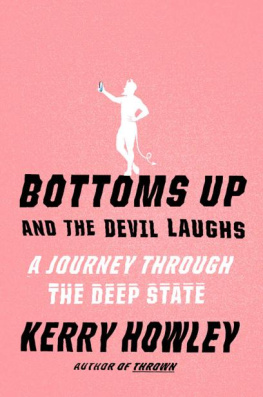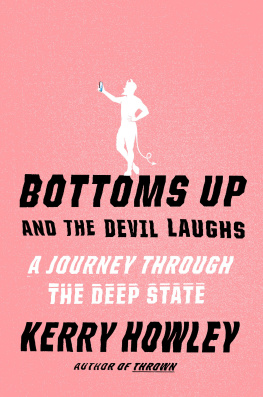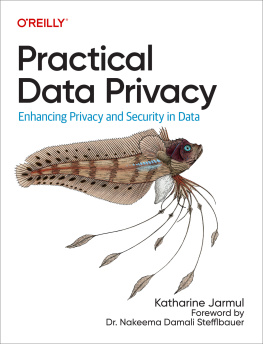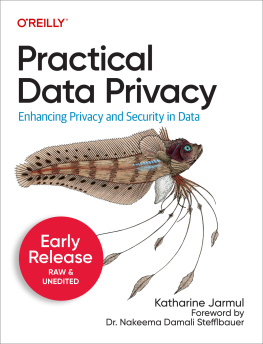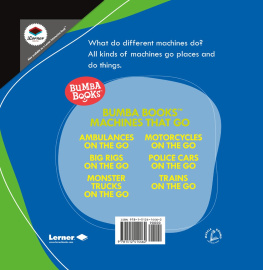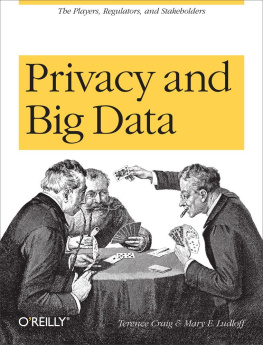ALSO BY KERRY HOWLEY
Thrown
THIS IS A BORZOI BOOK
PUBLISHED BY ALFRED A. KNOPF
Copyright 2023 by Kerry Howley
All rights reserved. Published in the United States by Alfred A. Knopf, a division of Penguin Random House LLC, New York, and distributed in Canada by Penguin Random House Canada Limited, Toronto.
www.aaknopf.com
Knopf, Borzoi Books, and the colophon are registered trademarks of Penguin Random House LLC.
constitutes an extension of this copyright page.
Library of Congress Cataloging-in-Publication Data
Names: Howley, Kerry, author.
Title: Bottoms up and the devil laughs : a journey through the deep state / Kerry Howley.
Other titles: Journey through the deep state
Description: First Edition. | New York : Alfred A. Knopf, 2023. | Includes bibliographical references.
Identifiers: LCCN 2022025923 (print) | LCCN 2022025924 (ebook) | ISBN 9780525655497 (hardcover) | ISBN 9780525565048 (paperback) | ISBN 9780525655503 (ebook)
Subjects: LCSH: Official secretsUnited States. | Leaks (Disclosure of information)Political aspectsUnited States. | Whistle blowingUnited States. | Intelligence serviceUnited States. | United States. National Security Agency/Central Security Service. | Electronic surveillanceUnited States. | Drone aircraftGovernment policyUnited States. | Defense information, ClassifiedUnited States. | Information technologyPolitical aspects. | TerrorismUnited StatesPrevention.
Classification: LCC JF1525.S4 H69 2023 (print) | LCC JF1525.S4 (ebook) | DDC 352.3/79dc23/eng/20220809
LC record available at https://lccn.loc.gov/2022025923
LC ebook record available at https://lccn.loc.gov/2022025924
Ebook ISBN9780525655503
Cover illustration by Ben Wiseman
Cover design by Janet Hansen
ep_prh_6.0_142846694_c0_r0
Contents
_142846694_
For Mothers of Reckless Children
Listen its trying / to make a void again. In which to hear itself. Its too alone. Everything wants em- / bodiment. But theres this noise now its replacing everything. This humming of agreement / fast-track skipped-step information yes yes yes yes lost hope lost willdear dis- / embodiment, here is an old wind, watch it orchestrate event, I raise my hand to find / my face again, I know I am supposed to think Im whole
Jorie Graham
A NOTE ON WALLS
I n the course of writing this book, in the middle of its darkest, least human chapter, I lived alone in the West Texas desert. It was a trendy town in which wealthy people had gathered, purchased homes, and abandoned them. Sometimes they had also built walls, and it was fashionable to complain about these walls. The conversation at a dinner party turned, inevitably, to the misfortune of walls built by the wealthy, which violated the expansive openness of the desert landscape. We were not far from the border, after all, where a maniac wanted to build a wall; walls were classist, racist, wrong. They all build walls, someone said. So ugly. Thats all recent. Things have really changed. At which point a radiant older woman, an architect, spoke up. Thats a very protestant idea, she said. This idea that you should be able to see inside someone elses backyard. Its an idea against ethnic clannishness. This stopped me, being both obviously correct and so contrary to the force of my thinking a moment previous. We had presumed a right to see inside each compound. We had all of us turned an aesthetic preference into a morality. Or maybe it was that we had neutered a dark kind of morality into an aesthetic preference.
Joan Didion has praised the kind of home in which you can close the door and cry until dinner, which is to say, an architecture not so enamored by openness that it has failed to involve rooms. I kept this in mind as my husband and I were house shopping a few years ago. Is this a house I can cry alone in? I asked over and over. There was a house we rather liked. But I dont know, my husband said, genuinely concerned. Is there a room for crying?
The morning after the desert dinner party I discovered, to my surprise, that I was pregnant. I was constructing, out of the food I had eaten at the dinner party, a wall of tough fibrous tissue around a spherical group of cells. I despaired many times, in the writing, about my ability to protect the thing I was growing from a world that had abandoned walls, that asserted its right to invade, to amass electrons against wholeness, that had forgotten what it was like to construct a self in the dark. But she is here now, in the world, and there is nothing to do but help her remember.
SURVEILLANCE IS MADE OF DOGS
A nyone can build a combat drone. If you build a drone for your little makeshift country, no one will be impressed. You could use the same engine they use for snowblowers, slap on a propeller, pour in some motor oil. We may think of drones as indestructible, ironclad, and this is the impression defense companies attempt to impart with the hard names they give machines they build: Predator drone, Reaper drone, Hunter drone; but in fact the original word, drone, is elegantly apt, and all of these are an attempt to mask the dumb delicacy it captures. Drones are cheap, flimsy, light little wisps of things, vulnerable to lost signals and sleepy pilots; vulnerable to gusts of wind and hard rain, lightning, ice; vulnerable even to themselves, as dropping a missile creates a thrust that threatens to spin a drone to the ground. You will send a drone whirling into the sand should you turn too hard into a breeze, or press the wrong button on your joystick; should you fly into an area of excessive electromagnetic noise or accidentally, as has happened to one American drone pilot, fly the drone upside down for a long while, oblivious. They slam into mountains, crash into other planes, fall into farms, sidewalks, waterways. Sometimes they simply go silent and float away, never to be found again. Their remains are cylinders with a wall punched out to reveal a hollow interior, as if the true drone had wormed its way out of this shell and flown on. Hundreds and hundreds of military drones we have lost this way, scattered across continents. Its okay. Theyre cheap. We make new ones.
What is impressive is not the drone, but the network that keeps it aloft. The satellites we rocket into the sky, bathing the globe in radio waves, invisible bouncy strands passing through you on their way back to our shallow bowled dishes, twenty feet across. We capture waves, of course, and we capture light, not only via drone, but in every way we can contrive to capture. The light and the waves come from Southeast Asia, the Middle East, Northern Africa, anywhere we can lay the hard bulk that sucks in the invisible. The waves and the light come from the United States, though much of that is technically illegal. They contain phone calls between children, YouTube tutorials, eviction notices, breakup emails, cancer diagnoses, love letters, selfies sent by text. Electrons stream through air and wire, underwater and overland. They whir back to us in search of embodiment.
On a trip with some of my dearest friends, undertaken largely but not exclusively for the reason of capturing flattering group selfies, every one of us had used up all the storage on our phones before we took a single photo. To take one selfie we had to delete, say, three. By the time we went on our next trip together, everyone had upgraded phones. Now nothing would constrain us from taking pictures, all of which still exist, somewhere, because there is no incentive to delete them.
How much of the burden is in the way we watch ourselves? In the early years of the twenty-first century, everyone is amassing digital information but no one knows how to sort through it. Closets are stacked with old computers. It would be better, of course, to go through all of ones photos and keep only those worth keeping, but the thought of this induces paralyzing exhaustion. This would involve decision-making, which is cognitively taxing. This would involve delving deep into our personal histories, our pasts, which may involve feelings we dont feel like feeling. Its best to just take another photograph. Keep building up the database. Throw it into the cloud, whatever that is. Its slightly stressful to know that ones personal database is bloated and disorganized, but you cant see my cloud. Its my burden to bear, my weight to carry; luckily, since Im small, its only a cloud.

